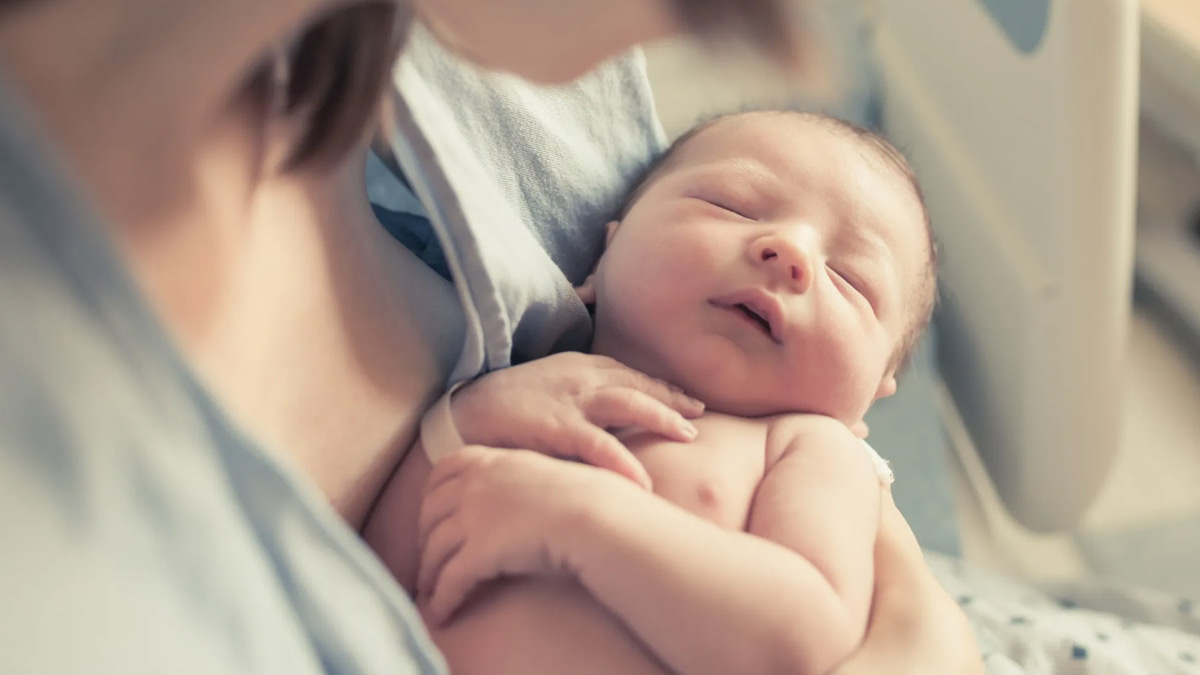The COVID-19 pandemic significantly altered daily life, from social distancing to health concerns, including worries about the impact on babies born during the pandemic. Many reports and speculations suggested that these “pandemic babies” might be at a higher risk of developing autism due to maternal stress or exposure to the virus during pregnancy. However, a new study published in JAMA Network Open sheds light on this topic and offers reassuring insights.
Addressing Concerns Around Pandemic Babies and Autism
Early in the pandemic, there was concern among healthcare professionals and researchers that the stress of living through a global health crisis, along with potential exposure to the SARS-CoV-2 virus, could lead to an increase in autism diagnoses among children born during this period. Autism spectrum disorder (ASD) is a neurodevelopmental condition that impacts communication, behaviour, and social interaction. It is typically diagnosed in early childhood, and there are many factors that can contribute to its development, including genetics and prenatal conditions.
Given the widespread disruption caused by COVID-19, it was feared that pandemic-era pregnancies might contribute to higher autism rates. Stress, infections, and environmental changes during pregnancy are known risk factors for neurodevelopmental conditions like autism, leading experts to hypothesize that the unique conditions of the pandemic might result in an increase in autism cases. However, new research has provided evidence that challenges these initial fears.
What Did the Study Reveal?
The study, conducted by researchers from Columbia University Irving Medical Center, aimed to examine whether babies born during the COVID-19 pandemic were at an elevated risk for autism. The research focused on nearly 2,000 children, both born before and during the pandemic, aged between 16 and 30 months. To screen for early signs of autism, the researchers used a widely recognized tool called the Modified Checklist for Autism in Toddlers, Revised (M-CHAT-R). This screening tool relies on parent-reported questionnaires to identify children who might benefit from further evaluation for autism spectrum disorder.
Also Read: Dengue Outbreak In Manipur: Health Minister Urges Community To Unite In Fight Against The Disease
Contrary to concerns, the findings revealed that there was no significant increase in positive autism screenings for children born during the pandemic compared to those born before it. The results were particularly reassuring for parents who had experienced COVID-19 infections during pregnancy. Surprisingly, children of mothers who contracted the virus during pregnancy had lower rates of positive autism screenings compared to those whose mothers were not infected.
Expert Commentary: Reassuring Findings
Dani Dumitriu, the study’s senior author and an associate professor of paediatrics and psychiatry, explained the importance of these findings. Dumitriu noted that the scale of the pandemic led to widespread worry that we might see a rise in autism cases, as prenatal stress and infections are known to increase the risk for developmental conditions. However, this study found no evidence to support these fears.
Also Read: Dengue Resurgence: Chandigarh Reports 722 Cases, Panchkula Tops with 503
Dumitriu emphasized that children who were in utero early in the pandemic are now reaching the age when early autism indicators typically emerge, and the absence of such signs in this group is highly encouraging. The research suggests that despite the unprecedented global health emergency, pandemic-era babies do not appear to be at increased risk for autism.
Why This Study Matters
The results of this study offer relief for parents who may have been concerned about the long-term developmental impact of the pandemic on their children. The findings are a first step toward understanding how babies born during the COVID-19 pandemic are developing, particularly in terms of neurodevelopmental disorders like autism.
This research also provides valuable insight for healthcare professionals and developmental scientists who were bracing for a potential surge in autism diagnoses. The absence of increased autism risk helps alleviate fears that the unique prenatal environment during the pandemic would lead to widespread developmental issues.
Bottomline: No Evidence of Increased Autism Risk in Pandemic Babies
The new study published in JAMA Network Open offers reassuring evidence that babies born during the COVID-19 pandemic are not at higher risk for autism, despite early concerns. With no significant increase in positive autism screenings among pandemic-born children and even lower rates among those exposed to COVID-19 in utero, the findings challenge initial fears and provide relief for parents. As researchers continue to monitor the development of pandemic-era children, this study serves as a hopeful indicator that, in terms of autism risk, these babies are developing similarly to their pre-pandemic counterparts.
